PI - Research Centers
Fraunhofer Portugal AICOS will contribute to my-AHA project by providing the platform Smart Companion, developing a nutrition monitoring and intervention tool and the middleware server to promote the interaction and interoperability of the different platforms that will be included in my-AHA.
Fraunhofer Portugal AICOS team will employ their expertise and knowledge in information processing, artificial intelligence, software integration and human-computer interaction. Inês Sousa is coordinating Fraunhofer Portugal AICOS efforts in the project and contributing with knowledge in signal processing, machine learning and artificial intelligence. Ana Correia de Barros is contributing to the project on tasks related to user research and human-centred design. The tasks consist mostly of close contact with older adults and caregivers as well as prototype testing in order to guarantee viable, usable and acceptable solutions to users. António Santos is designing the architecture and coordinating the implementation of the middleware server that will enable the integration of several monitoring and intervention platforms.
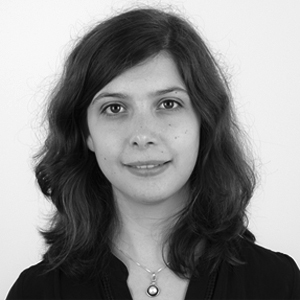 Inês Sousa
Inês SousaInês Sousa has a PhD in Biomedical Engineering and has been developing expertise and competences in the area of signal processing applied to different research fields, such as in situ drug delivery, functional magnetic resonance imaging and, more recently, fall detection, prevention and human motion analysis for ambulatory monitoring of the elderly.
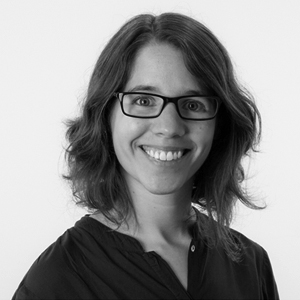 Ana Correia de Barros
Ana Correia de Barros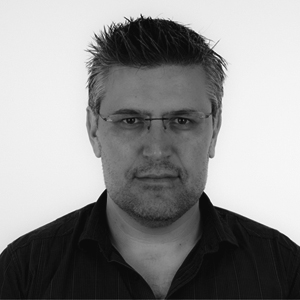 António Santos
António Santos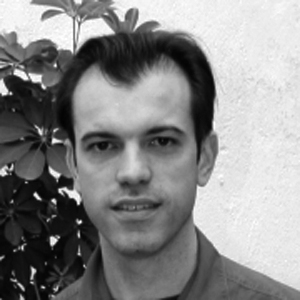 Dr. Helios De Rosario
Dr. Helios De Rosario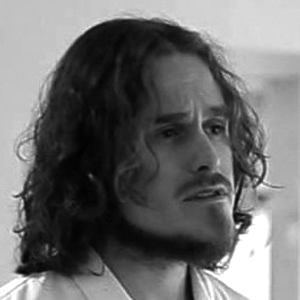 Dr. José Laparra
Dr. José Laparra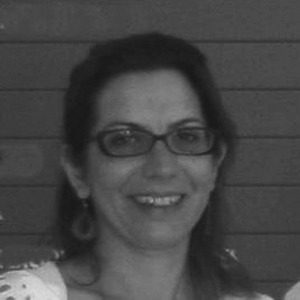 Rakel Poveda
Rakel PovedaISMB will lead WP5 - iTV and mobile services - by studying and implementing the interaction between the user and my-AHA platform. In particular, ISMB will coordinate the activities for the developing of the cognitive games based on smart TV and mobile devices and of "my personal dashboard", the application used by the users to manage and follow her/his health status.
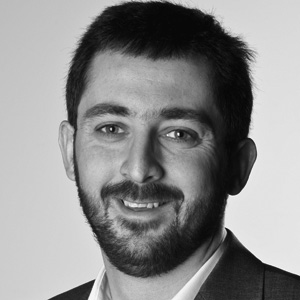 Marco Bazzani
Marco Bazzani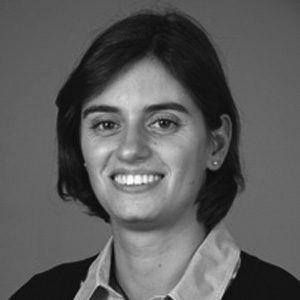 Chiara Cogerino
Chiara Cogerino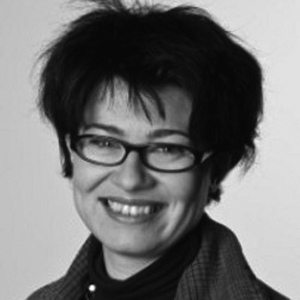 Antonella Frisiello
Antonella Frisiello
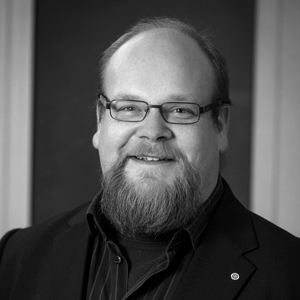
Mag. Georg Aumay
Mag. Georg Aumayr is Head of the R&D Dept. of JUH, since 2007 member of the JUH as volunteer emergency medical technician, researcher and project manager at the Research Institute of the Red Cross and experienced in EC project work - project manager on SOFTCARE and AHEAD (AAL Joint Programme), Personal Emergency Card (EHR) and PIK (national security research program KIRAS), as well as a researcher in CAST (FP7- Security) and diAALock, (national AAL Project), Electronic Care Documentation and is part of eHealth Initiative for AAL and interministerial advisory groups for the federal government of Austria.
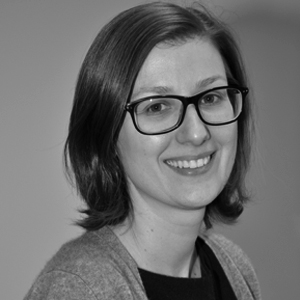
Gudrun Haider
Gudrun Haider is researcher of the R&D Dept. of JUH. Studied business administration and has a master degree in care science. Since 2009 researcher at the Austrian Red Cross, Dept. of Health and Social Services. Experienced in project work as researcher and in project management: EU-projects IACS (PROGRESS, 2009) and MILCEA (Monitoring in Long-Term Care. Pilot Project on Elder Abuse) and AHEAD (AAL JP, 2013). Projects on national level: diAALock (benefit, 2013) Interessengemeinschaft pflegender Angehöriger (En.: Carer’s Association; funded by the Austrian Social Ministry).
